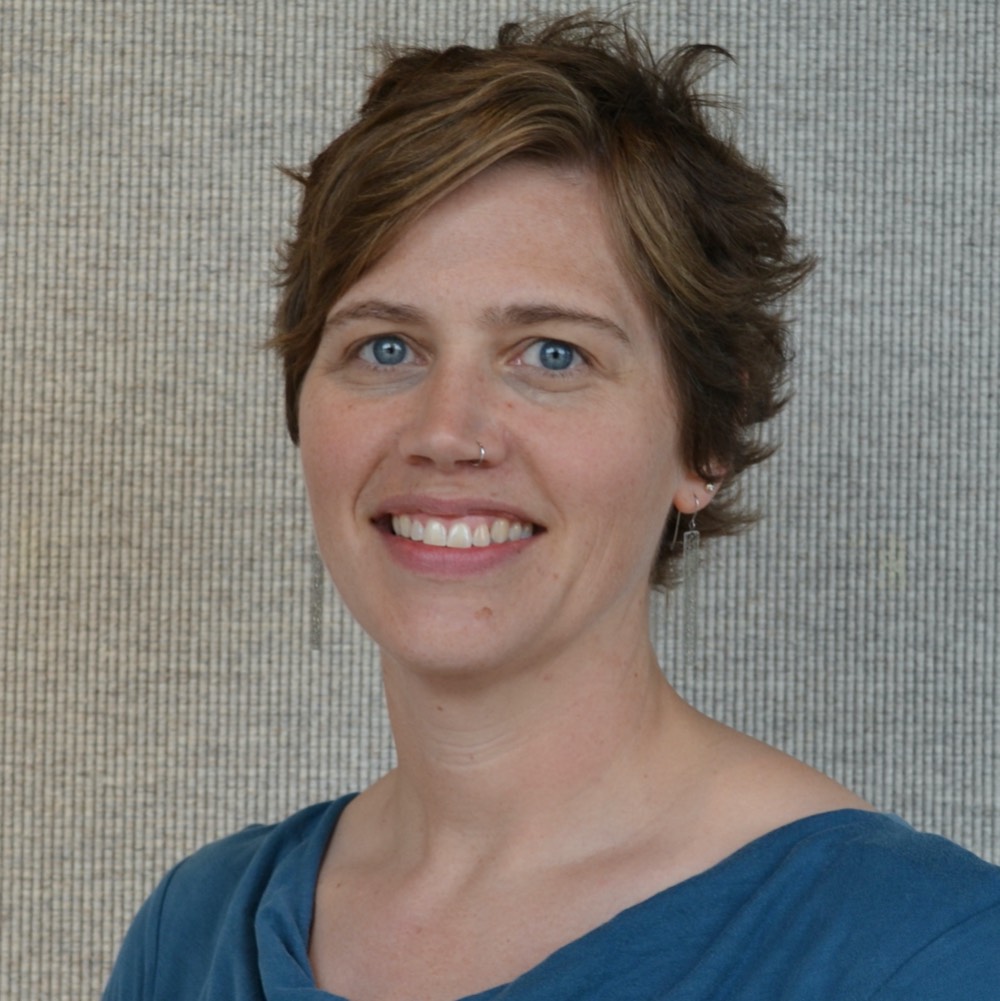Dr. Jennifer Borland
Department of Art, Graphic Design and Art History
I am an art historian who specializes in European art and architecture of the later Middle Ages (roughly 1100-1500) with research interests that include medieval medical and scientific imagery, medievalism and the history of collecting, audience experiences of visual culture, and representations of gender. I work most often with illustrated manuscripts, which are books that were made, written and illustrated by hand.
In my new book, Visualizing Household Health: Medieval Women, Art, and Knowledge in the Régime du corps (Penn State University Press, 2022), I explore a number of elaborately illustrated manuscripts of a household health guide known as the Régime du corps. This text was likely originally commissioned in the thirteenth century by a wealthy French duchess to share with her daughters. Several illustrated copies from the thirteenth through fifteenth centuries depict simple but fascinating scenes related to health care in the domestic sphere: patients’ consultations with physicians, procedures like bloodletting and cupping, the preparation of foods and beverages recommended for good health, and more. The images in these manuscripts are remarkable sources of information about the nature of women’s agency in the home, broadening notions of who participated in medieval medical care. I recently wrote a related essay about how these manuscripts illuminate women’s roles in household health care for The Conversation.
I am a founding member of the Material Collective, a collaborative group of medieval scholars and art historians who seek to expand the form of and avenues for research and writing. In my current role as a managing editor of the open-access online journal Different Visions, I have also been able contribute further to the development of accessible publishing spaces for a wide range of scholars.
Those two endeavors reflect my enthusiasm for scholarly collaboration, which is at the center of my role as the incoming Interim Director of OSU’s new Center for the Humanities. Over the past six years, I have led several campus humanities initiatives with the goal of increasing the visibility of humanities research and fostering interdisciplinarity and collaboration. I am especially excited about our new Research Group Fellowships program, which supports cross-disciplinary teams in the creation of new collaborative humanities research projects focused around shared interests in health, the environment, and the digital humanities.

